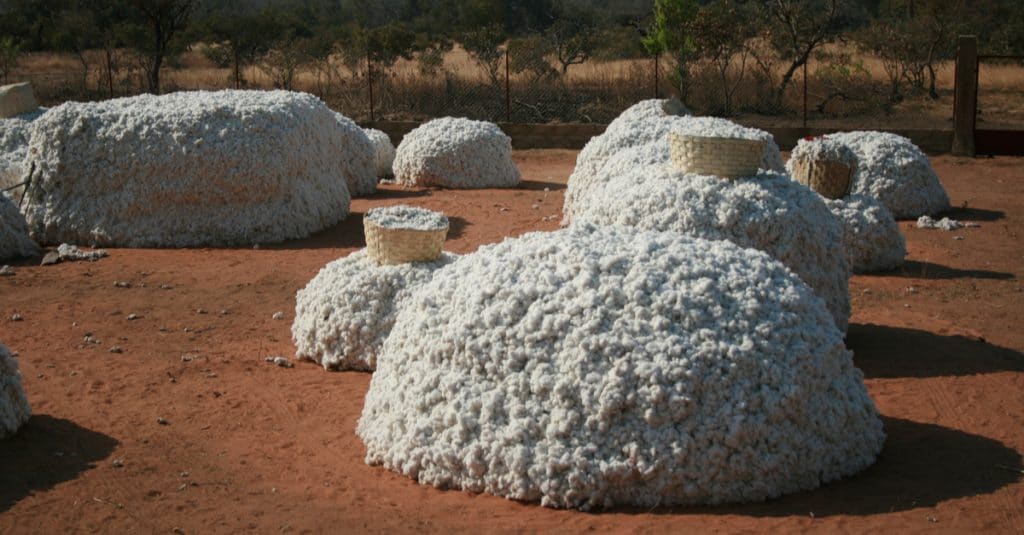Agriculture in Togo is hit hard by the scarcity of rainfall and soil degradation. This is reflected in a drop in production, for example -15% for cotton in the 2019/2020 agricultural season. To support this sector, which employs almost 85% of the Togolese population and provides 58% of the economic resources, strategies are emerging from all sides. One of the most recent was implemented between 25 and 27 September 2020 in Agou, a rural prefecture in south-west Togo. Here, thirty young people and women farmers were trained in resilient farming techniques.
The training focused on practical workshops in agro-ecological and sustainable land management techniques, composting, mulching, and setting up crop and nursery beds, and poultry and goat rearing. “We leave this training satisfied and we promise to do our part for the protection of the environment, as well as for the development of our country,” says Ayawavi, one of the participants. After the training, there will be regular monitoring of the beneficiaries, the aim being to ensure that the innovative farming techniques learned are understood and put into practice.
A training course that cost nearly 762 euros.
The Agou training workshop was organised by the Organisation of Young People Committed to Sustainable Development (OJEDD). It is a Togolese association created in March 2018, which is committed to carrying out concrete actions to impact communities and improve the living conditions of populations, especially those in rural areas, in order to contribute to the achievement of sustainable development objectives (SDO).
The Agou project was launched thanks to funding from the Togolese government. In August 2020, the OJEDD was awarded 500,000 CFA francs, i.e. approximately 762 euros, as part of a call for projects launched by the Togolese Ministry in charge of Youth. “Young people forced by social problems are sometimes forced to leave Agou for Lomé (the capital) in search of better living conditions. In addition, the coronavirus crisis has weakened the social strata, especially vulnerable people. This is therefore an opportunity for us to engage young people and communities in the fight against the effects of climate change, sustainable management of the environment and natural resources by implementing their contributions to the implementation of the Nationally Determined Contributions (NDCs) for the achievement of the Objectives of the Paris Agreement in Togo,” explained Kevin Ossah, Executive Director of the OJEDD.
Boris Ngounou
